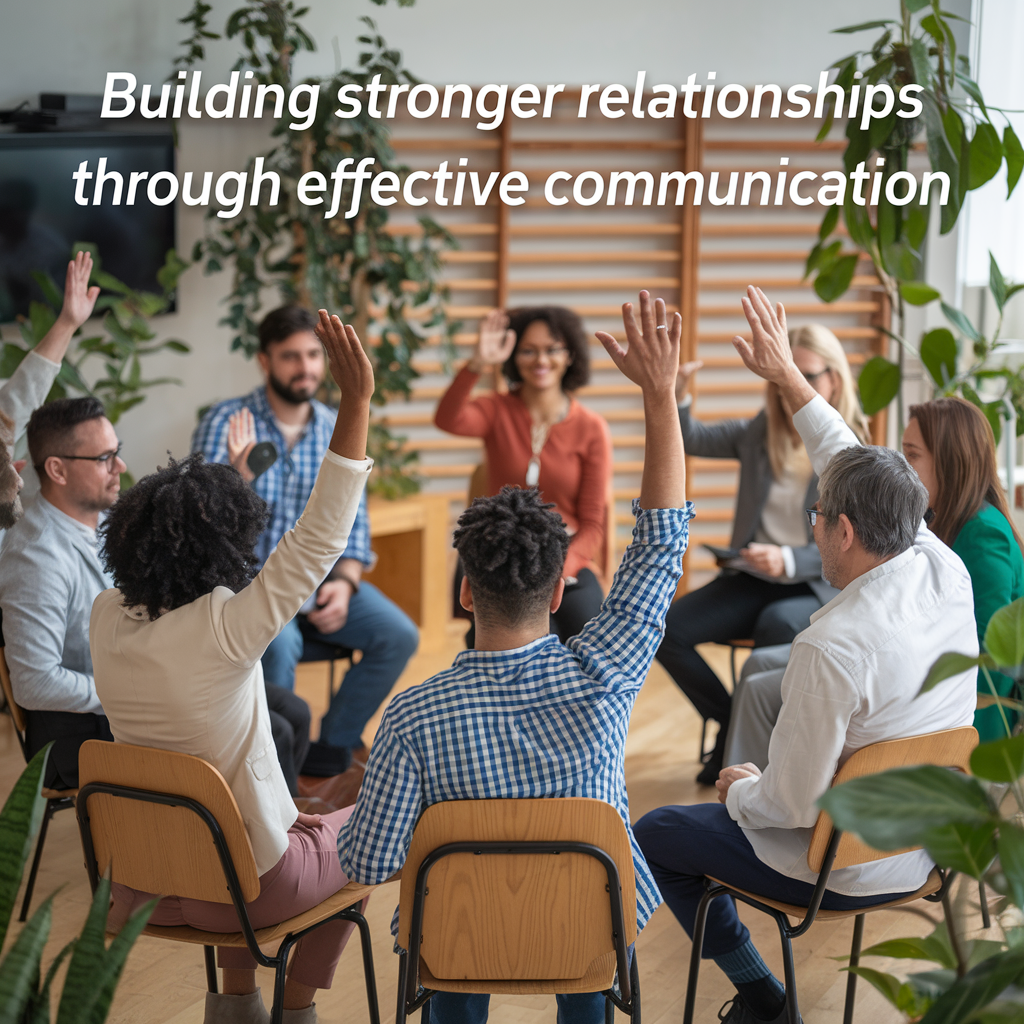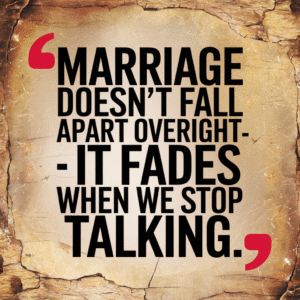
Effective communication is the cornerstone of healthy and thriving relationships. Whether you’re in a romantic partnership, a friendship, or a family dynamic, the way you communicate with each other can make or break the connection. In this article, we will explore the essential aspects of effective communication that can help you build stronger and more meaningful bonds with your loved ones.

The Power of Active Listening
One of the fundamental elements of effective communication is active listening. When you actively listen to your partner, friend, or family member, you show them that their thoughts and feelings matter. It’s not just about hearing words; it’s about understanding their perspective and emotions.
Learn more about the art of active listening and how it can transform your relationships.
Open and Honest Expression
Honesty is another key component of effective communication. Being open and transparent about your thoughts, feelings, and concerns fosters trust and intimacy. It allows both parties to understand each other better and work together to overcome challenges.
Discover the importance of open and honest expression in maintaining healthy relationships.
Empathy and Understanding
Empathy is the ability to put yourself in another person’s shoes and understand their emotions. When you practice empathy, you show that you care and are willing to support your loved ones in times of joy and hardship. It deepens your emotional connection.
Cultivate empathy and deepen your relationships with those around you.
Nonverbal Communication
Nonverbal cues, such as body language, facial expressions, and tone of voice, play a significant role in conveying your feelings and intentions. Paying attention to nonverbal communication can help you avoid misunderstandings and misinterpretations.
Explore the subtleties of nonverbal communication and how they impact your relationships.
Conflict Resolution
No relationship is without its conflicts, but how you handle them can define the strength of your bond. Effective communication during conflicts involves staying calm, actively listening to each other, and seeking solutions rather than blame.
Master the art of conflict resolution to nurture healthier relationships.
Conclusion
Effective communication is a skill that can be cultivated and refined over time. By actively listening, being open and honest, practicing empathy, paying attention to nonverbal cues, and mastering conflict resolution, you can build stronger, more resilient bonds with your loved ones.
Remember that communication is a two-way street, and both parties must be committed to improving it. As you invest in better communication, you’ll find that your relationships become more fulfilling, harmonious, and enriching.
Unlock the secrets to effective communication and transform your relationships for the better.
As an Amazon Associate we earn from qualifying purchases through some links in our articles.




